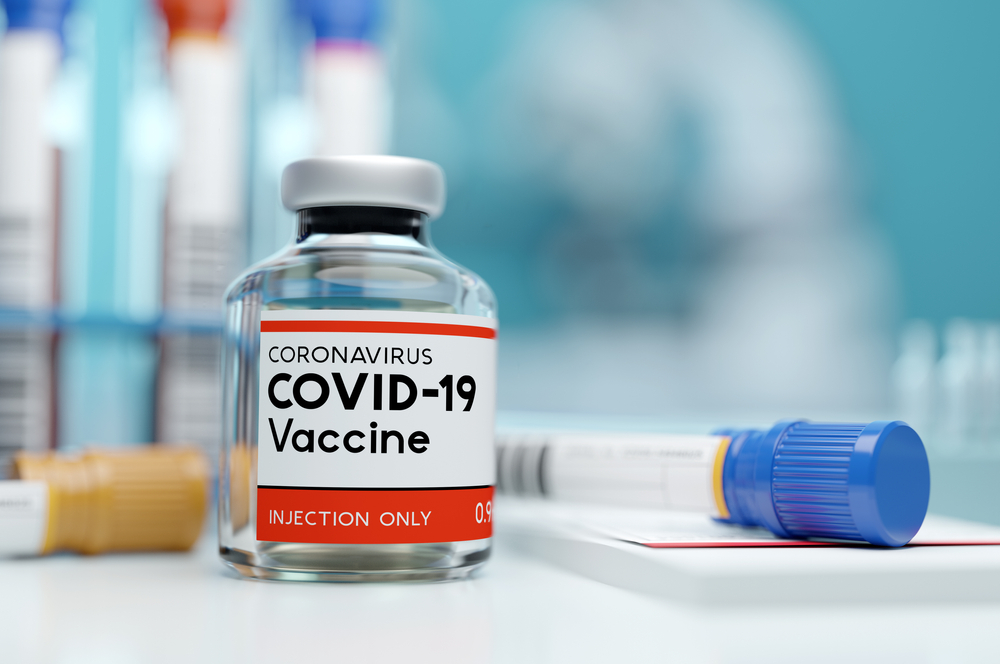The long-awaited COVID-19 vaccines are apparently close to mass distribution across the country. It’s a welcome development but also one that may put employers in a quandary: Should they require employees to be vaccinated, and, if not, what should they do to keep workers safe?

Whether to require vaccinations isn’t a new issue for a number of employers, since many, particularly those in the healthcare field, already have policies requiring some vaccinations, such as flu shots, unless an employee fits into an exception provided by law. The Americans with Disabilities Act (ADA) and Title VII of the Civil Rights Act of 1964 both provide for exceptions to an employer’s vaccination policy.
The Equal Employment Opportunity Commission (EEOC) has said businesses covered by the ADA and/or Title VII can legally require vaccinations during the pandemic with two exceptions:
- Under the ADA, an employee with a medical reason, such as an allergy to a vaccine component or another underlying condition making the vaccine inappropriate, can be granted an exception to a mandatory vaccination policy.
- Under Title VII, an employee can seek an exception based on a sincerely held religious belief.
Under both laws, employers should work with the employees seeking exceptions to explore other ways to prevent spread of the virus, such as working from home, using extra personal protective equipment, and working in isolated areas.
What to Consider
Jennifer Aaron Hataway, an attorney with Butler Snow LLP in Baton Rouge, Louisiana, says employers considering mandatory vaccination policies need to ask themselves a question: “What will I do if an employee refuses to be vaccinated?”
Since some employees are likely to be unwilling to be vaccinated, “the employer should consider whether it can continue to operate if it is required by its policy to terminate a large swath of its workforce due to refusal to be vaccinated,” Hataway says.
Another consideration is ensuring equal treatment in the workplace. “An employer may want to make an allowance (outside of ADA and Title VII required exemptions) for a highly valued employee who is unwilling to be vaccinated,” Hataway says. “However, allowing an exemption for one employee but terminating a similarly situated employee for violating the mandate may create the basis for potential discrimination claims.”
Whitney R. Brown, an attorney with Lehr Middlebrooks Vreeland & Thompson, P.C., in Birmingham, Alabama, says when deciding whether to make COVID-19 shots mandatory, employers should consider:
- Risk factors of workplace transmission. For example, do employees work closely with one another or consumers? Are there multiple shifts or shared equipment? Are all work areas served by the same ventilation system, and is the business maximizing ways to cycle in fresh air?
- Rate of COVID-19-related lost workdays. Even if workplace transmission isn’t suspected, is the employer losing workdays?
- Other justifications such as employers working with more at-risk populations.
- Health measures already in effect, such as face masks, dividers, rotating shifts, and employees working from home.
- Whether the employer has in-house HR or legal staff or immediately accessible external expertise to evaluate requests for exceptions to a mandatory policy.
- The employer’s history with other vaccinations, such as flu shots.
- Employees’ reactions since they may have strong feelings for and against vaccinations.
Also, Brown says employers that have already successfully implemented face masks and other measures may want to evaluate whether they want to press the issue this year.
Mandate vs. Incentives
Rather than require employees to take a COVID-19 vaccination, many employers may decide to offer incentives to encourage them to take the vaccine voluntarily.
“Employers should consider whether their current wellness programs may be used or tweaked a bit to reward employees for being vaccinated,” Hataway says. Plus, employers may want to provide employees with an hour or two of paid time off to get the vaccine and perhaps include other perks.
Brown urges employers to work with counsel to ensure any incentive complies with EEOC regulations regarding wellness programs and that programs don’t serve to identify or stigmatize employees based on disability or religion.
Tammy Binford writes and edits news alerts and newsletter articles on labor and employment law topics for BLR web and print publications.
